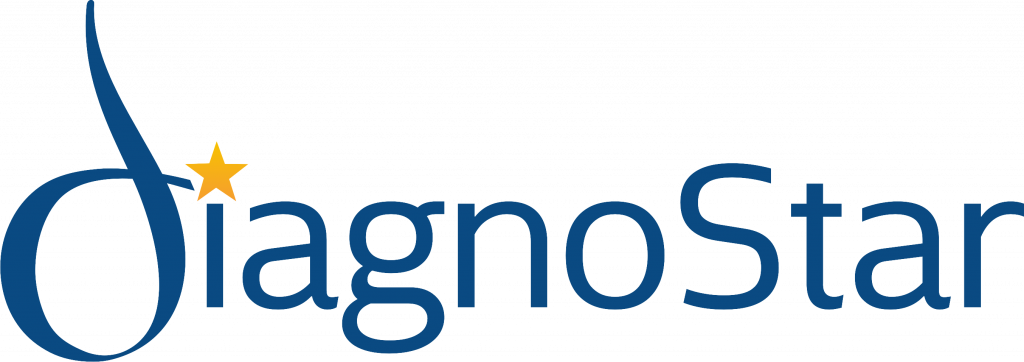The 4 stages of addiction recovery simplified
Addiction recovery is a tough process for a condition that is classified as both a chronic disease and a mental illness. When you’re dealing with an addiction, feeling alone is often normal. Nonetheless, there are roughly 14.4% of Nigerians presently engaged in drug abuse. This means no person fighting addiction is going through it alone.
The 4 stages of addiction recovery simplified
Deciding to enter an addiction recovery program isn’t easy, but it’s one of the most useful steps you can take to liberate yourself. The National Institute on Drug Abuse designed the four stages of rehab treatment and recovery for healthcare professionals. In this instance, recovery is considered a lifelong process. Here are the four stages of addiction recovery simplified:
1. Treatment Initiation
The journey to recovery begins the moment you seek help for your addiction. Whether voluntarily or by force. Your recovery process begins with you starting professional treatment.
It is typical to have second thoughts about giving up drugs or alcohol at this stage. However, it is essential to remember why you began treatment, as denial is the worst enemy of recovery.
2. Early Abstinence
After fully committing yourself to the treatment, the second stage of recovery begins. It is known as early abstinence. For many recovering addicts, this is the toughest stage to overcome. It is when you experience withdrawal symptoms, psychological dependence, physical cravings, and several triggers. All of which can jeopardize your recovery.
During this stage, your trained counselor will initiate lessons on coping skills needed to lead a sober lifestyle. These will help you throughout your recovery.
3. Maintaining Abstinence
After 90 days of continual abstinence, you move to the third stage of recovery: maintaining abstinence. The priority of this stage of recovery is to maintain abstinence by avoiding a relapse. You will learn the warning signs that lead to relapse and how to deal with your triggers.
You will also put the tools you learned in the early abstinence stage to use so you can continue to live in true sobriety.
You will also become familiar with other tools that help you deal with other areas of your life including:
- Exercise and nutrition
- Employment and money management
- Substituting addictions
- Healthy relationships
- Developing a substance-free lifestyle
- Dealing with the past
- Managing anger
4. Advanced Recovery
You enter the fourth and final stage of recovery once you’ve remained clean and sober for approximately five years. At this point, you take all of the tools and skills you learned throughout the three stages and put them to use. Not only will you be able to stay sober, but you will also have the skills needed to become a healthier, better person and a productive member of society.
If you or someone you know is struggling with substance addiction, recovery is possible. If you’re ready to seek professional treatment, contact us at DiagnoStar Health today.

